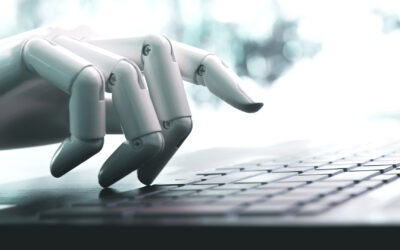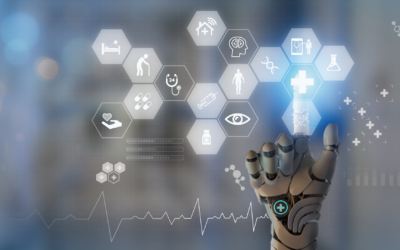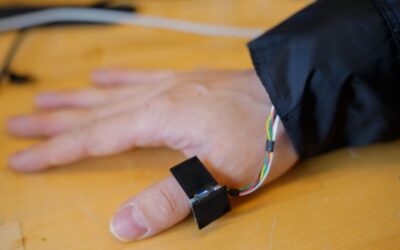A new study by researchers at Cornell Tech and the University of Pennsylvania shows freelance writers who are suspected of using AI have worse evaluations and hiring outcomes. Freelancers whose profiles suggested they had East Asian identities were more likely to be suspected of using AI than profiles of white Americans. And men were more likely to be suspected of using AI than women.
Cornell AI News
News Category
Filter by Topic
AI tools help people with speech disabilities make timely jokes
A team of researchers from Cornell Tech is reimagining how technology can support users with speech disabilities – not just in functional speech, but also in making real-time jokes during conversations.
Personalized AI tools can combat ableism online
New Cornell research reveals that social media users with disabilities prefer more personalized content moderation powered by AI systems that not only hide harmful content but also summarize or categorize it by the specific type of hate expressed.
AI suggestions make writing more generic, Western
Artificial intelligence-based writing assistants are popping up everywhere – from phones to email apps to social media platforms.
But a new study from Cornell – one of the first to show an impact on the user – finds these tools have the potential to function poorly for billions of users in the Global South by generating generic language that makes them sound more like Americans.
Home care workers unaware of AI’s role and potential benefits
A team of Cornell researchers investigated the implications of AI tools on the work of frontline home health care workers, such as personal care aides, home health aides and certified nursing assistants, in a qualitative study.
Dataset reveals how Reddit communities are adapting to AI
Researchers at Cornell Tech have released a dataset extracted from more than 300,000 public Reddit communities, and a report detailing how Reddit communities are changing their policies to address a surge in AI-generated content.
Nice flex: AI-powered smart clothing logs posture, exercises
Researchers at Cornell have developed a new type of smart clothing that can track a person’s posture and exercise routine but looks, wears – and washes – just like a regular shirt.
AI ring tracks spelled words in American Sign Language
A Cornell-led research team has developed an artificial intelligence-powered ring equipped with micro-sonar technology that can continuously and in real time track fingerspelling in American Sign Language (ASL).








